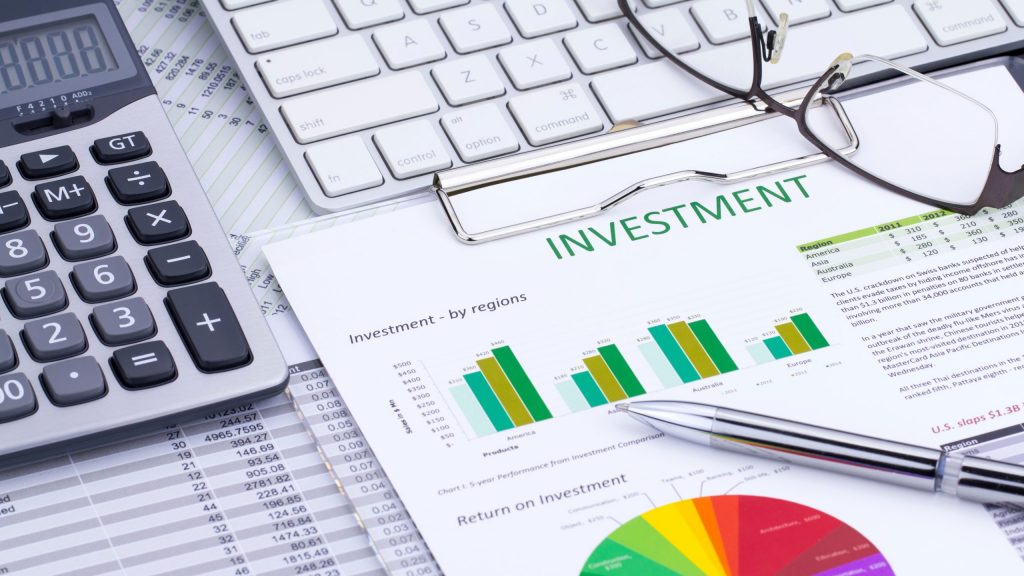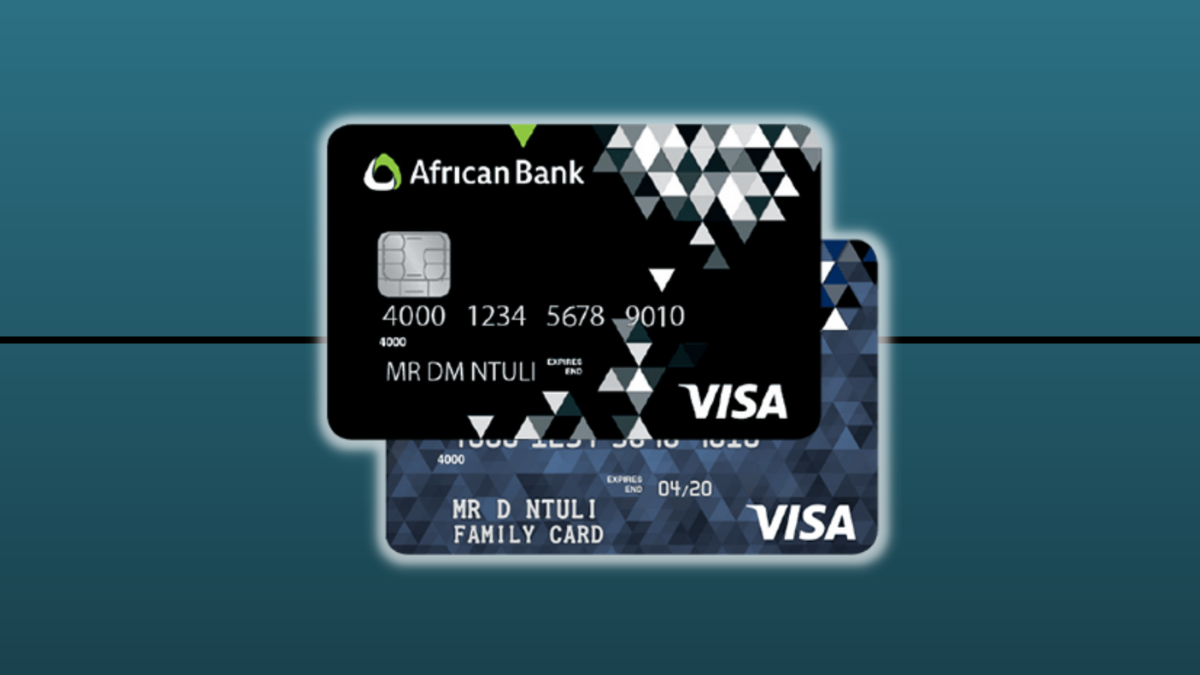Investments
What are typical investment fees?
Fees are an important part of investing. In this article we are going to tell you some things you must know about the subject.
Advertisement
“There is no such thing as a free lunch”, and this is especially true in the world of investing

What? Did you think the financial market was a place where you could find opportunities for making money at zero cost? Think again. All investments carry real costs., and you have to learn what investment fees are.

Stocks as an Investment
Before investing in stocks it's important to know a few basic things. We are going to tell you what you need to know.
When you see ads talking about how much money you can make with investments, they do not usually mention that there are costs involved. In fact, investment costs can be very confusing and obscure.
In this article, you are going to see through the fine print and jargon and learn about the cost of investing. There are different types of costs, and they do not have to be a mystery to anyone.
So let’s start with the most basic and possibly the first fee you may have to face when you think about investing. We are talking about brokerage fees
Brokerage Fees

There are a number of different costs a brokerage may charge you. Different brokerages have investment fees of different shapes and sizes, but they will be roughly the same across companies. Here they are.
You will be redirected to another website
By submitting this form, I agree that I am 18+ years old and I agree to the Privacy Policy and Terms and Conditions. I also provide my signature giving express consent to receive marketing communications via automated emails, SMS or MMS text messages and other forms of communication regarding financial products such as credit card and loans. Message frequency varies and represents our good faith effort to reach you regarding your inquiry. Message and data rates may apply. Text HELP for help or text STOP to cancel. I understand that my consent to receive communications is not a condition of purchase and I may revoke my consent at any time.
Account Maintenance Fee
Once you open your account with certain brokerages, they will charge an annual or monthly fee as compensation for your use of their platform and research tools for your investment.
These fees vary according to how many of their services you use. The more robust and sophisticated the tools you use, the higher the maintenance fee will be.
Commissions
Commissions are investment fees charged by brokers for their service of providing investment advice or handling sell or buy orders from clients.
If a client makes a trade, the broker charges around $1 to $5 to handle the trade. There are ways for waiving commissions, such as reaching a certain account minimum.
Sales fees
When you buy a mutual fund, the mutual fund has a cost associated with it which is a commission they pay to the broker. This is how they pay for the broker’s service of selling you the fund.
Keep an eye on these fees because nowadays, there are a number of no-load funds in your investment. Watch out for brokers pushing funds that charge higher sales loads to make more money off of you.
No-load funds are a cheaper option to invest in, which brings us to our next topic.
Management fees
Also known as advisory fees, they usually come in the form of a percentage of the investor’s total assets under the broker’s management. The reason for this fee is the expertise brokers provide for your investment with their wealth strategies.
Mutual fund fees

Mutual funds are one of the most common investment instruments available, and they also have fees. They facilitate investors’ lives by selecting and managing different types of investments.
Some funds specialize in stocks, others in fixed-income assets. There are yet others that are a bundle of different assets, trying to capture the best of each asset class.
You can not expect a fund to simply invest your money and ask nothing in return. They have something known as “expense ratio”, which is a measure of how much it costs to manage a fund.
Clients do not receive a bill specifying this fee, but it does come out of their returns. So if a mutual fund has a performance that returns 10% and the expense ratio is 1.5%, clients will actually earn 8.5%.
You must watch expense ratios because many expensive funds claim the extra cost is worth it because they perform well.
This makes an important distinction between actively managed and passively managed funds.
Active and Passive Management
Investment funds that are passively managed are usually designed to replicate the performance of a determined index.
A few indexes funds try to replicate include the S&P 500 or the Russell 2000. In passively managed funds, managers do not make changes to the fund’s holdings.
This only happens if their benchmark changes. Actively managed funds take a different approach.
Instead of trying to replicate an index, they seek to outperform the market by buying in and selling out of stocks when they see fit. One such example is hedge funds.
As you can imagine, the more work involved in the management of an investment fund, the higher the expense ratio and fees will be.
Actively managed funds, on average, charge a 0.71% fee, while passively managed funds charge, on average, 0.06%.
Between 2007 and 2009, during the market downturn caused by the subprime bubble, funds that practiced active management saw a sharp decrease in their assets.
This, in turn, made their expense ratios rise. This serves to illustrate how expense ratios are often not linked to a fund’s performance.
How to minimize the costs of investing
The first thing you must do to minimize your costs is to keep it simple, as you can not get totally rid of investment fees.
Actively moving stocks around only makes sense if you have done profound research and can minimally estimate that the returns will surpass the operational costs.
That is really hard to do, so instead, just buy and hold until you reach the desired return.
Obviously, this sounds a lot less exciting, but buy-and-hold strategies are known for yielding better returns.
Another important and often ignored cost factor in investing are taxes.
They are often ignored because they are complicated and obscure, but knowing how to handle them will save you a lot of money.
It will save you so much money; even if you prefer to pay a professional to handle your investment taxes, the savings will cover the cost of hiring the service.
Did you know if you lose money with a stock, you can use the loss to offset taxable gains? In the market, this is known as tax-loss harvesting, and it is a very useful way to become more tax-efficient.
There are also capital gains taxes, which are divided into long-term capital gains tax and short-term capital gains tax.
Long-term capital gains tax depends on the income level and filing status of the investor. They can be 0%, 15% or 20%.
Short-term capital gains incur a higher tax of 10% to 17%. This serves to remind you that frequent trading only makes sense if you can beat the market significantly.
Keep in mind not even hedge funds are able to do that most of the time.
Find a good online brokerage account
Another important thing when you’re an investor is finding a reliable and efficient online broker. It doesn’t matter if you’re an experienced investor or a beginner. You will certainly benefit from a good online brokerage account.
And as the first step to accomplish this is to do good research, please, check the following content. We have some recommendations for the best online brokerage accounts available in the market.

The best online brokerage accounts
If you are looking for a brokerage account to invest your money, have a look at our list and decide which one works best for you.
About the author / Danilo Pereira
Trending Topics

Sanlam Personal Loans review: get a loan easily
If you are looking for a loan that you can use for multiple purposes, this is for you. Here is our Sanlam Personal Loans review.
Keep Reading
African Bank Credit Card online application
Learn how to easily and quickly apply for the African Bank Credit Card online. Read our step-by-step guide on how to get started.
Keep Reading
Best Store Credit Cards 2023
Wondering if store credit cards are a good option? Check out our list of the best store credit cards in 2023.
Keep ReadingYou may also like

Mission Money Visa® Card application
Signing up for the Mission Money Visa® Card is quick and easy. Learn how this fee-free card can help you with your money management!
Keep Reading
Capital One Quicksilver Student Cash Rewards Credit Card review
If you're a student looking for a card with solid rewards, check out this Capital One Quicksilver Student Cash Rewards Credit Card review!
Keep Reading
What is a student loan and how do they work?
If you’ve ever wondered what a student loan is and how they work, we’ve got you covered. Read on to learn all you need to know!
Keep Reading